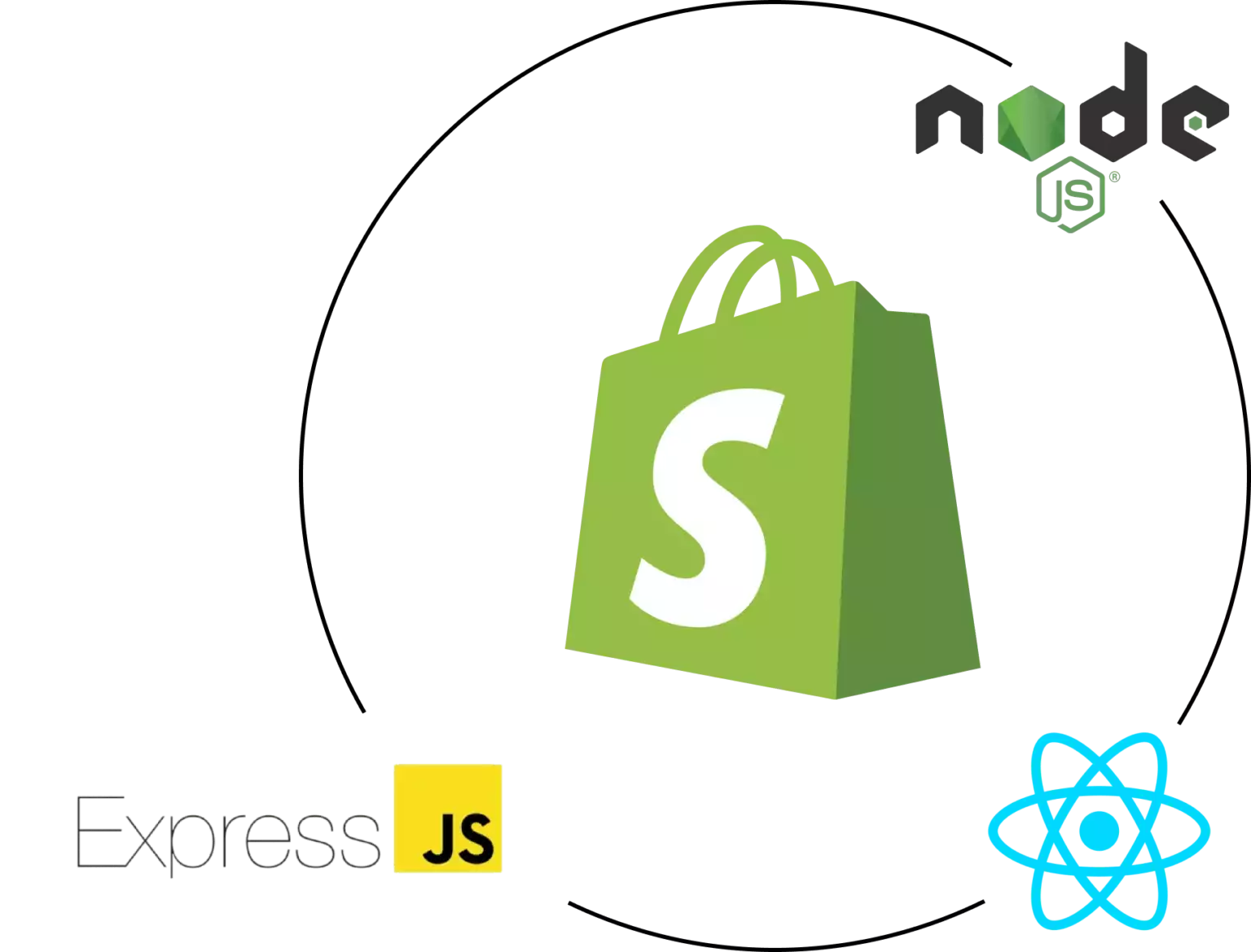Overview
In the current competitive e-commerce landscape, differentiating is essential, and one of the best ways to differentiate a Shopify store is through custom app development. A robust Shopify app can boost store functionality, simplify processes, and boost customer engagement. This article explores key aspects of Shopify app development, from API integration to scaling strategies and digital marketing approaches, providing a roadmap for companies looking for unmatched store performance.
The Importance of Shopify API Integration
Shopify’s API provides powerful tools to personalize and expand store functionalities. With the GraphQL and REST API options, developers can access data to create apps that manage inventory control, order handling, and customer information management smoothly. Using Shopify’s API can lead to better workflow automation and allows stores to serve customers more efficiently.
Utilizing the Polaris Design System
Polaris is Shopify's design system for designing intuitive and accessible Shopify apps. By adhering to Polaris guidelines, developers ensure that apps seamlessly integrate within the Shopify Admin interface. This provides a cohesive look and feel that appeals to Shopify merchants, encouraging usability and comfort for merchants using your custom app.
Understanding the Shopify App Ecosystem
The Shopify app ecosystem provides numerous opportunities for enhancing e-commerce sites. From handling order fulfillment to boosting customer engagement, apps in this ecosystem are designed to meet diverse business needs. Familiarizing with this ecosystem assists developers in finding unique app ideas and allows for seamless integration of external tools that enhance the store.
Developing Embedded Shopify Apps
Embedded apps integrate directly within the Shopify Admin, providing a smooth interface for merchants. They allow merchants don’t have to leave their Shopify dashboard, simplifying their process. Employing Shopify App Bridge and embedded app capabilities is recommended for offering a cohesive, integrated user environment.
Leveraging Node.js and React for Shopify Development
The technologies Node.js and React have become top options for Shopify app development. This server-side framework enables efficient server-side applications, while React enables dynamic, responsive front-end user interfaces. Together, they provide an strong platform for building fast, growth-ready Shopify apps that enhance store performance and customer interaction.
Utilizing Webhooks in Shopify Development
Webhooks allow real-time data synchronization between Shopify and an external app. They initiate events such as new orders or inventory updates and provide immediate alerts to your app. By utilizing webhooks, apps can deliver real-time information to store owners, simplifying processes and increasing productivity.
Customer Engagement and Digital Marketing for Shopify Apps
To ensure Shopify app success, connecting with users is crucial. Utilizing digital marketing strategies like SEO, email marketing, and social outreach Boosting e-commerce with Shopify can drive app adoption. Additionally, designing apps with customer engagement in mind (e.g., loyalty programs or personalized recommendations) increases user loyalty and satisfaction.
Scaling Your Shopify App
As e-commerce businesses grow, so do their technology requirements. Ensuring that your app can manage higher usage, larger data sets, and more complex functionalities is critical. By optimizing server capacity API for Shopify stores and using scalable technologies, you can create apps that expand in tandem with a store’s success.
Important Features and Maintenance Tips for Shopify Apps
For an app to be effective, it should include key capabilities like user login, analytics dashboard, and support channels. Ongoing app maintenance, including updates to fix bugs and ensuring compatibility with new Shopify features, is vital to maintain uninterrupted performance and prevent disruptions to business processes.
Summary
Custom Shopify app development holds vast potential for e-commerce businesses, offering the ability to improve performance, streamline processes, and foster customer loyalty. From integrating APIs to focusing on scalability and customer interaction, creating a Shopify app involves thoughtful preparation and strategic execution. If you’re ready to elevate your e-commerce experience, a custom Shopify app may be the perfect choice. What capabilities do you see for your ideal app? Share your thoughts and take the first step toward an enhanced e-commerce journey!
